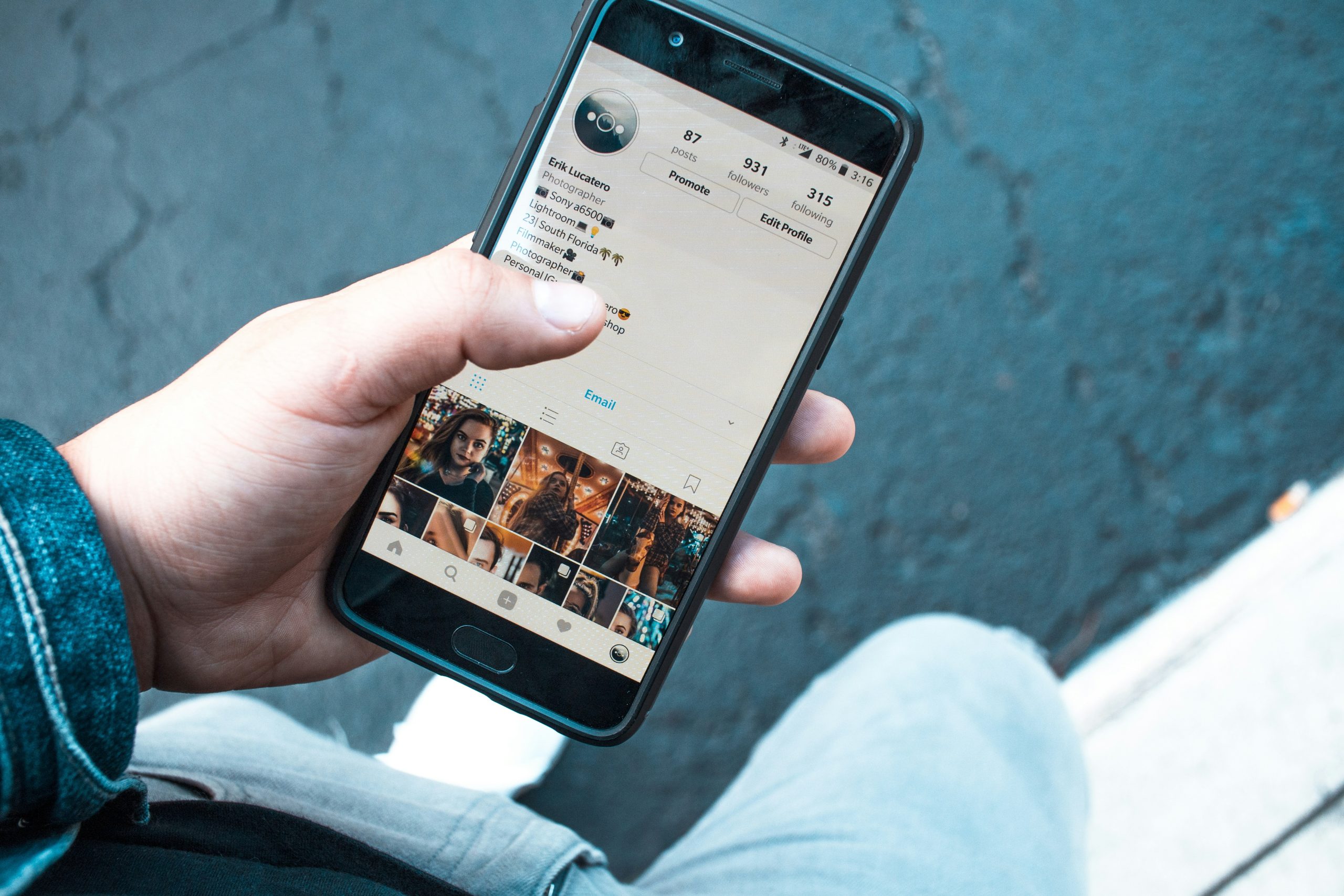In today’s digital age, social media has become an integral part of our daily lives. With millions of users scrolling through their feeds every day, it’s no wonder that businesses are turning to influencer marketing as a powerful tool to reach their target audience. Influencer marketing involves collaborating with individuals who have a large following on social media platforms to promote products or services. These influencers can range from celebrities to industry experts and even micro-influencers with a niche audience.
One of the key benefits of influencer marketing is the ability to tap into a highly engaged and targeted audience. Unlike traditional advertising methods, where brands push their message out to a broad audience, influencer marketing allows brands to connect with consumers in a more authentic and personal way. When an influencer promotes a product or service, their followers are more likely to trust and engage with the content, leading to increased brand awareness and customer loyalty.
Moreover, influencer marketing can help businesses expand their reach and tap into new markets. By partnering with influencers who align with their brand values and target demographic, businesses can access a wider audience that may not have been reached through traditional marketing channels. This cross-promotion can drive traffic to websites, increase social media followers, and ultimately boost sales.
Another advantage of influencer marketing is the potential for viral content creation. Influencers are skilled at creating engaging and shareable content that resonates with their audience. By leveraging their creativity and expertise, brands can generate buzz around their products or services, leading to increased brand visibility and online conversations. In addition, influencer-generated content can be repurposed across different marketing channels, maximizing its impact and reach.
However, while influencer marketing offers numerous benefits, it’s important for businesses to approach it strategically. Finding the right influencers who are authentic and have a genuine connection with their followers is crucial for a successful campaign. Additionally, setting clear goals, measuring performance metrics, and establishing transparent partnerships are key to maximizing ROI and ensuring a positive brand reputation.
In conclusion, influencer marketing has emerged as a powerful strategy for businesses to connect with consumers, drive engagement, and boost brand awareness. By harnessing the influence of social media personalities, businesses can create meaningful connections with their target audience and achieve tangible results. As the digital landscape continues to evolve, influencer marketing is poised to remain a valuable tool for brands looking to stay ahead in the competitive market.

